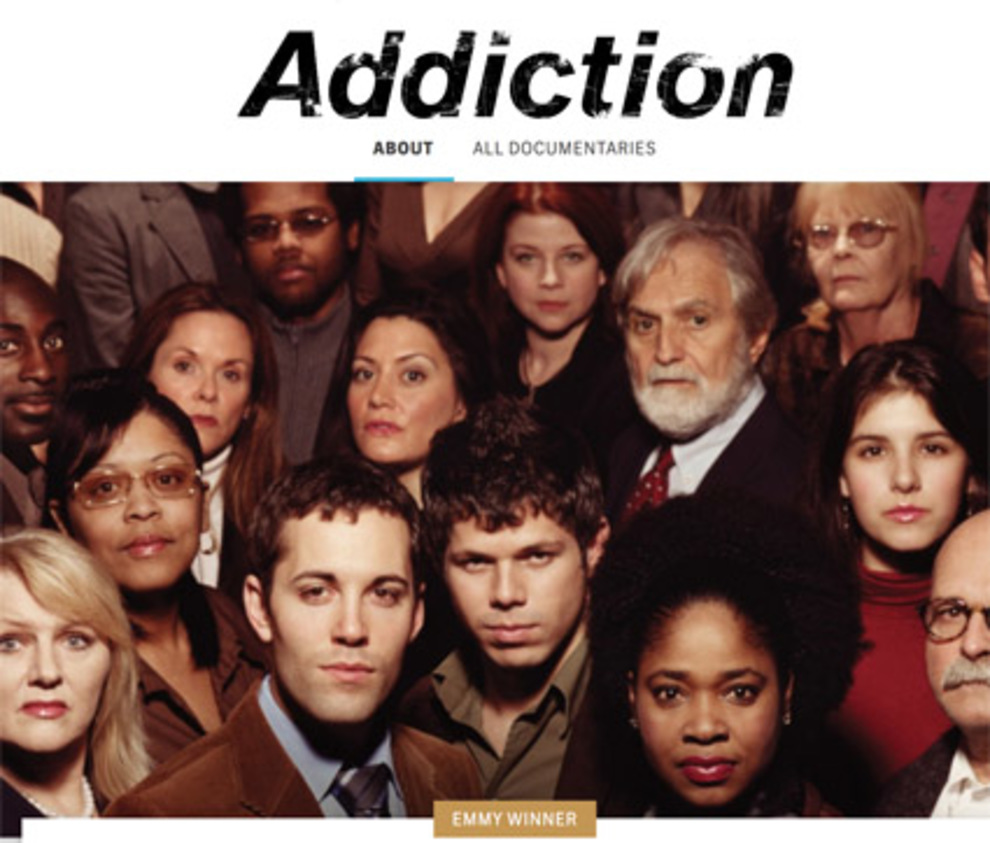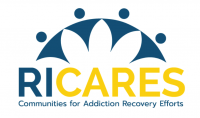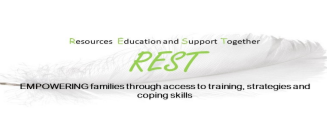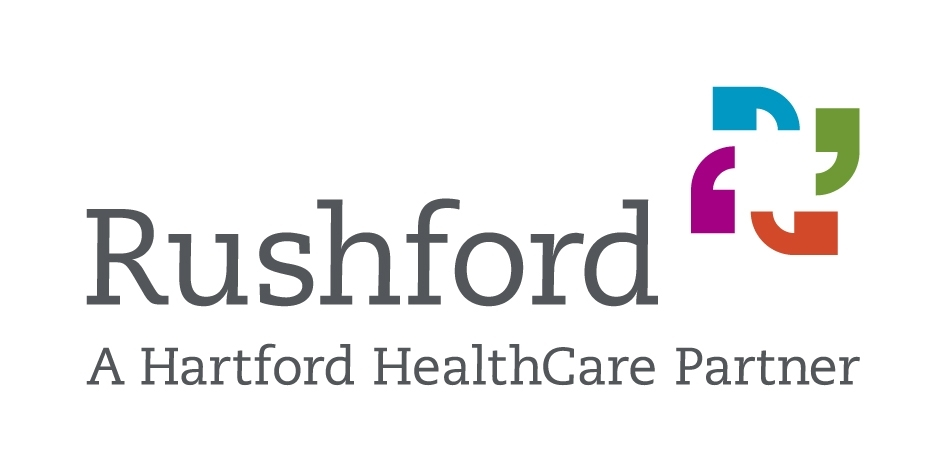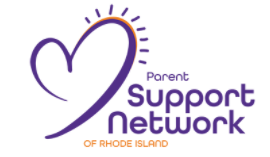The Power of Language & Stigma in the World of Addiction

Language: a powerful and effective tool for changing widespread stigma towards Substance Use Disorder
with Louise Stillman, MSc, Editor
Stigma is absolutely rampant in the world of addiction. The community stigmatizes the family, the family stigmatizes their loved one, and individuals working on their recovery stigmatize each other for following particular paths to recovery. Often police officers, Emergency Medical Technicians, and even nurses and doctors in the emergency room look down upon the patients that are brought to them for overdose care. I have personally witnessed insensitive attitudes and discriminatory practices that continue with no end in sight. Read on for what happened with my own son in the E.R.
I think we can start to shift away from the stigma by shifting what language we use. I think Substance Use Disorder is a start. Positive communication is a key element of CRAFT – Community Reinforcement and Family Training, so using more positive language fits in with the approach.
In just about every form of media we encounter, the depiction of people with addiction is riddled with discrimination based on stigma. The Cambridge dictionary defines stigma as: 1) a strong lack of respect for a person or a group of people, or bad opinion of them because they have done something society does not approve of; and 2) a strong feeling of disapproval that most people in a society have about something, especially when it is unfair. Disgrace, shame, dishonor, mark, spot, stain, slur, reproach, blemish are all synonyms listed for stigma in the Collins English Thesaurus. I’ve repeatedly witnessed the stigma – even by professionals – towards those struggling with addiction, including toward my son. I propose that one way we can work to destigmatize these struggles is by changing the language we use.
“Well, if you weren’t a j*#kie, you wouldn’t need the water” – a nurse said to my son in the E.R.
As with almost all patients, after my son experienced an overdose and was brought to the hospital, he was refused a room and left in the hallway. Looking back now, I feel responsible for not advocating for my son during his stay in the ER. I was so overwhelmed with emotion, reeling with the thought that my son had almost lost his life, that I was incapable of pulling myself together to challenge this practice. My son had vomited and no one did anything about it. He was not given a gown to change into nor a room for privacy. I tried to gain the attention of the nurses but they refused to make eye contact. My son expressed he was thirsty, and I overheard the nurse say, “Well if you weren’t a j*#kie, you wouldn’t need the water.” Not that she ever brought him water, not that she even addressed my son or my husband and me. I had to use a tone with her to have her direct me to where I could get the water myself. Just getting her attention was a chore.
Upon discharge, that same nurse came over to my son and said, “Would you like to go to treatment?” After the words and behavior she directed at us, who could be surprised that he refused? The nurse, because she had seen this time and again, seemed to have no awareness of how her own behavior had contributed to that refusal. His father and I, because we couldn’t see how he would accept help from someone that had categorized him as something so low in society, a “j*#kie,” also just wanted to get out of there as soon as possible. Our desperate feelings – launched by the crisis and wanting to escape the degrading atmosphere of the hospital – became a huge barrier to reaching out for resources, both for our son and for ourselves.
How Can We Start to Address the Stigma? Changing the Words We Use Can be a Powerful Start
These personal experiences, and watching my son suffer the negative consequences of pervasive discriminatory actions and words based in stigma, got me thinking: What are the strategies to combat such a widespread problem? I narrowed it down to basically two: 1) education and 2) encouraging people to talk about the subject. There were not many options, and of the few, there were none that would make much of an impact in the immediate future. It would take generations of educating and sharing experiences to change prevalent views surrounding Addiction. This left me very frustrated; it felt hopeless and difficult to see that there could ever be change.
About three and half years ago, I attended a conference in Marlboro, MA with Dominique Simon-Levine, the creator of the Allies in Recovery (Allies) website. There I had the wonderful experience of hearing Dr. John F. Kelly, Ph.D., ABPP Professor of Psychiatry in Addiction Medicine at Harvard Medical School and the Founder and Director of the Recovery Research Institute at the Massachusetts General Hospital (MGH), speak. Dr. Kelly spoke about the impact that language has in determining our response and views to individuals with SUD. This was the first time the concept of language, as a tool for reducing stigma, was brought to my attention.
Mind you, I am a former High School Math teacher and so I really have taken language for granted for most of my life. I had often told my students that math was just another language but, up to that point, I had not put much thought into language and its power, at all. But here it was: Dr. Kelly’s presentation, full of the numbers and statistics I so adore, telling me that changing the words I use can have a powerful impact on the attitudes and beliefs we have towards people with SUD (Substance Use Disorder). And even further, he was saying that the results of changed views lead to a more compassionate and caring approach to people with SUD! Dr. Kelly had laid out a third approach for reducing stigma that could have a more immediate effect than the other two options I had previously considered. Check out this interview with Dr. Kelly in which he lays out how language can actually serve as a barrier to treatment and access to resources – and proposes solutions to help break down these barriers.
According to the Merriam Webster dictionary, the word “language” is defined as:
“The words, their pronunciation, and the methods of combining them used and understood by a community. Audible, articulate, meaningful sound as produced by the action of the vocal organs. A systemic means of communicating ideas or feelings by the use of conventional signs, sounds, gestures, or marks having understood meanings. The suggestion by objects, actions, or conditions of associated ideas or feelings.”
Positive Communication is a Pillar of the CRAFT approach toward Recovery
As often happens with me, after a new concept is introduced, I walk away not completely convinced… but I proceed to spend a lot of time thinking about it. I soon started noticing multiple posts and memes on social media platforms about the need to change language around SUD. I also started to recognize all the work I was doing for the Allies website – promoting positive communication strategies as one of the main pillars of the Community Reinforcement and Family Training (CRAFT) based methodology – and thought, “Wow, it’s a wonder I didn’t recognize this sooner! There is a lot of power behind the words we use. I should be changing my language.” Language, the words we use and how we use them, is communication! I was affected by the ER nurse’s words and actions. I felt discriminated against and I was witness to the institutionalized discrimination against my son and the negative consequences on the outcomes of that hospital visit. I had nothing to lose and everything to gain, so I decided to commit to changing my words. Choosing to use positive words around SUD would be a free and relatively easy way to swiftly affect changes in how others perceive people that love someone with SUD, people with SUD… and even their perception of the illness itself.
I have been working on this for a couple of years and found some surprising, positive results I would like to share:
1. One of my biggest surprises was how my personal, negative feelings towards stigmatizing words grew deeper and became emphasized internally. Notice in the previous paragraphs how I cannot even type the words out that I see as stigmatizing. Now when I hear or read others using degrading terms, it becomes really pronounced and I am fully, internally and powerfully aware of the negative impact it has. I really feel it.
2. I became very aware of the stigmatizing language being used towards me as a family member of someone with Substance Use Disorder (SUD). Words like co-dependent, toxic, enabling, etc. In November of 2019, I had the opportunity to see Robert Ashford, MSW, a recovery scientist and researcher at the Center for the Studies of Addiction at the University of Pennsylvania and the Substance Use Disorder Institute at the University of the Sciences, lecture on the topic of Substance Use Stigma, Bias, and Discrimination. This was the first time I’d heard a discussion of stigma and language used about families with a loved one with SUD. The two words at the top of the list were “co-dependent” and “enable”. The presentation illustrated how the simple act of not using these words alone could affect a positive change within these families. Check out these resources for more on Ashford’s work on Language and Stigma.
3. People that do not have much experience or education around SUD (this can include the police, EMTs, nurses and doctors, families that do not have a loved one with SUD, etc…) may be completely unaware that their language is stigmatizing. Further, they may be unaware of the vocabulary options available to make a positive change even if they wanted to. I attended a Hack-a-thon at Northeastern University to try and find technology solutions to the opioid epidemic. Many emergency room nurses from very prestigious hospitals in the Boston area were in attendance. This was right around the time that I committed to changing my language and had started to use SUD to replace the term Addiction. I was approached many times to explain what SUD stood for; multiple participants claimed they had never heard of the term. Here was evidence that changing my own language was having an effect on others and that others simply didn’t have the vocabulary to make the change without some form of education.
4. I started to realize, after that Hack-a-thon experience, that it was my responsibility to change my language so that others might be affected. After a discussion with my dad where he called someone a dr@@k, he paused, looked at me and said, “I probably shouldn’t say it that way,” and then rephrased it as someone dealing with alcohol. This was proof: my careful choice of words when discussing the subject of SUD with others was helping to change how they viewed their own language. He was considering, and even attempting, the use of more positive words.
Changing the words we use is about changing perceptions outside of “us.” So, even if someone is okay with using some of the more negative language in a safe space like a support group or within their family, the goal is to change the perspective of others and to reduce stigma and the (institutionalized) discrimination that comes along with it.
5. One of the most profound changes, though, was one that happened internally. On a very deep level, I became more empathetic and understanding towards people with SUD. Changing my language has given me the opportunity to let people with SUD and those in recovery know that I respect them and their struggles. It has allowed me to show that I care about the effects my words have on others.
At the start of this piece I discussed the stigma around SUD and how pervasive and deeply embedded it is in our communities. And I addressed a sense of frustration about the general lack of tools we have to combat stigma. Language is the one tool that can be implemented swiftly. It’s inexpensive and it’s effective. The words we choose have an immediate impact compared to other strategies to reduce stigma and reduce discrimination…
Which brings me to why I wrote this piece to begin with. It is my mission to enlist as many people as possible to change their language when communicating about SUD. I am challenging my readers, and all family members and friends of loves ones with SUD, to give it try.
IT IS TIME WE START TO USE THIS UNDERUSED YET INCREDIBLY POWERFUL TOOL TO ERADICATE THE STIGMA ASSOCIATED WITH SUD.
You can start with a few words or you could go full force. All I ask is that you do it. Who’s on board?
To get started, consider replacing the term “addiction” with “Substance Use Disorder” (SUD) or other more specific terms such as “Opioid Use Disorder” (OUD). The term “addict” is deeply problematic and heavily stigmatized. Consider removing this term from your vocabulary entirely. The Addictionary suggests: “instead of describing someone as an ‘addict,’ describe them as ‘a person with, or suffering from, addiction or substance use disorder.'” Instead of “abuse” or “abuser,” substitute “use,” “user” or “mis-use.” For more information, check out The Addictionary.
What has your experience been with language around SUD? Have you noticed any shifts based on the words you choose?
In solidarity, Laurie
And the entire team at Allies in Recovery
Allies in Recovery provides support and guidance on how to identify and cope with the flood of emotions you are feeling. The CRAFT method teaches you the strategies and skills to engage your loved one on a path to recovery. At Allies we provide you with information critical to understanding your loved one’s alcohol/drug addiction, and train you in the important role you can play in guiding them to recovery.
A membership at Allies in Recovery.net brings you into contact with experts in CRAFT and the field of recovery and treatment for substance use. Our unique, award-winning learning platform introduces you to CRAFT and guides you through the latest in evidence-based techniques for unblocking the situation. Together we will move your loved one towards recovery. Please visit www.alliesinrecovery.net for more information about membership!


